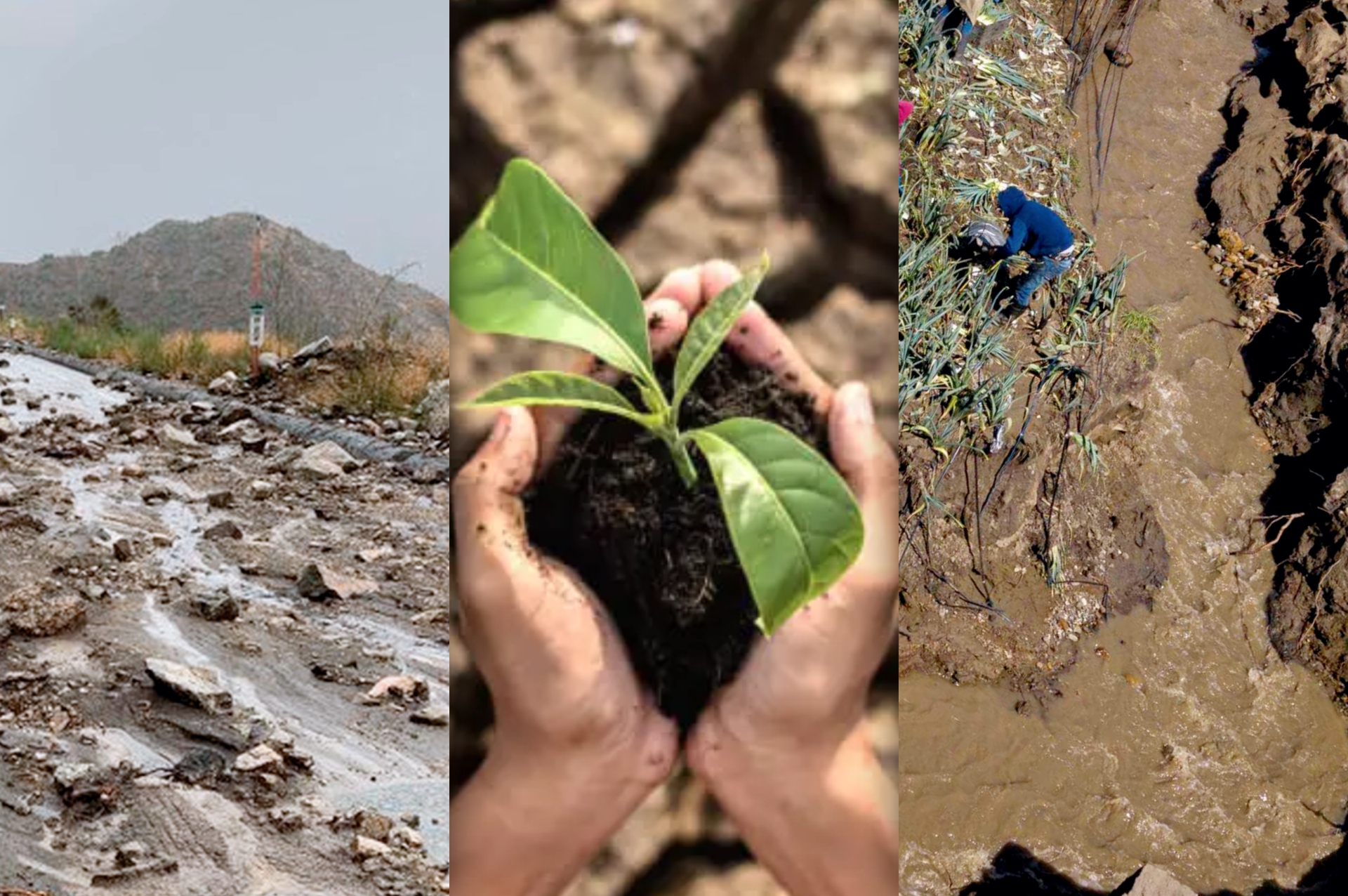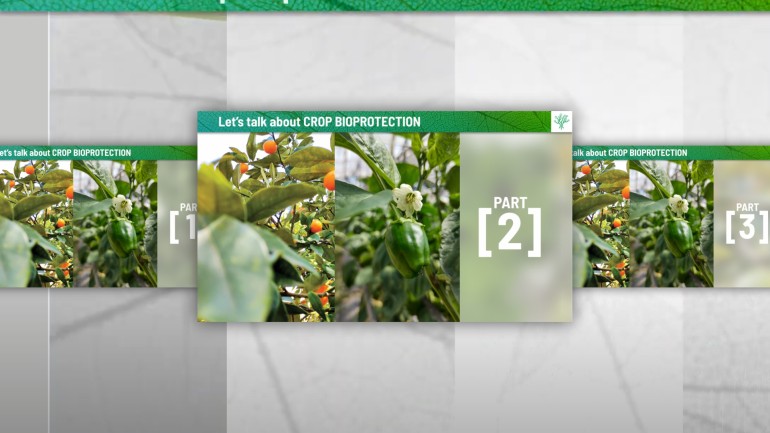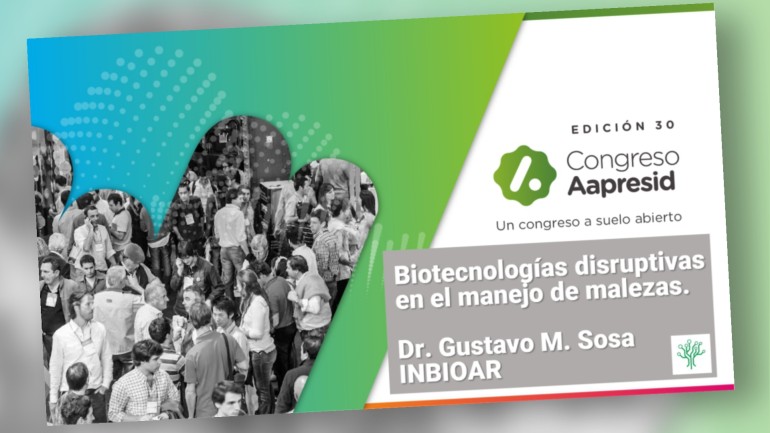The Known Stone:
The weed resistance to chemicals.
Don´t kick twice the same stone.
The environment is all around us. We use the environment for all the human activities we can imagine.
The environment concept is beyond the concept of private property. It is a lake, a river, a forest, the land, the air, etc. The environment is an input in our economic activities. Such activities are factories, cities, an industry, a farm, etc.
We need and we use the environment for our economic activities. The environment is an input.
The same place, different activities. A human transformation.
We modify the environment with our human activities. Part of the environment is the air that is free, is everywhere, is unexpensive, is for all of us. But during the use of the environment (as an input-natural resource) in our industrial activities there is one point where the environment changes because it is used.
We are leaving to the next generations a lower quality environment for their activities in different parts of the world. The first humans to use a wild environment had an advantage on the following generations. The actual generations use more fertilizers than the previous generations. The soil in the farms has a different structure today than 100 years ago. The actual activities in the farms use a soil with many decades of intensive agriculture for instance.
A city like LA and many others has an air pollution that was unthinkable in the 30´s. A river with clean water may not have the same clean water when it runs close to factories.
Then: Which is the point? We must use the environment to survive, there is not a discussion about it. We must use the natural resources to progress. But environmental degradation is something different.
The point is who cares about this environment degradation? The true question is who is going to restore the environment some day in the future? We abandon a river, a farm when it is unusable. And who is going to restore it to the original wild condition? The fate of an exhaust farmland is what the nature can restore it with the many decades?
Or even better we do not ask this: Should be the environment restored after we use it? Is there an economical consideration in the profit equation about the environment? If I eliminate a natural environment for a farm activity, then I should consider the cost to restore the environment (because is an input for my economic activity)?
It is a different concept when we consider the mining activity because it is impossible to restore the cupper or lithium in the ground again. But what about the forest or the natural meadow environment: we can restore it.
If that is the case: who is going to pay for it? The environmental degradation is a taxable topic. Because someone is going to restore it one day.
If there is a wild forest and it is eliminated because we are going to use the land, then a farmer can grow in the same surface soybean, maize, etc. Another one can do the same here and there and use the land to install a factory, or anything else, then the original environment changed. Is someone thinking to restore the environment some day in the future?
If we use a truck, we know that in five years the truck has a value of cero, because it was amortized. Which is the cost to use the environment if we start from the original wild situation after 50 years? Today is nothing. We do not pay to the environment because it is for free. But it is not, it is degraded for the next generations. It is an input. Who is thinking to restore it some day in the future? I just like to install the idea. Just thinking.
What is a potential (partial) solution?
The biologicals come to help us. Bio-herbicides will be use instead of synthetic chemicals to keep the environment clean. It has not sense to kill a weed with a chemical and to store the chemical in the soil for many weeks-months. Once the weed is killed then the chemical must be degraded in the soil in the same day(s). The synthetic chemicals take its time to be degraded.
The direct sowing helps a lot to keep the soil structure. But after decades we learned that the soil must be turned the time to time. The soil becomes compact after decades of direct sowing.
New bio-chemicals and the care of the soil will allow us to keep the workable land in a better shape than the actual idea we have about agriculture.
In INBIOAR we work to obtain new bio-degradable chemicals. The biodegradable chemicals make the work they have to do and later are degraded. The smallest footprint we leave in the environment is the best to keep us at the same standard of production or even better.
We discover the bio-herbicides that California needs.
From INBIOAR we work on those weeds that damage each region. Specifically, for the California area, we seek to develop Bio-Herbicides based on the species that grow in this area.
In this way, we help to promote the commercial development of Californian producers with biological tools that specifically serve the regional context.
If you are interested in participating in these research, development and results in the California region – or in contributing particular situations, realities, circumstances – we look forward to hearing from you:
Email: info@inbioar.com
Phone / WhatsApp: +54 9 341 6722462




